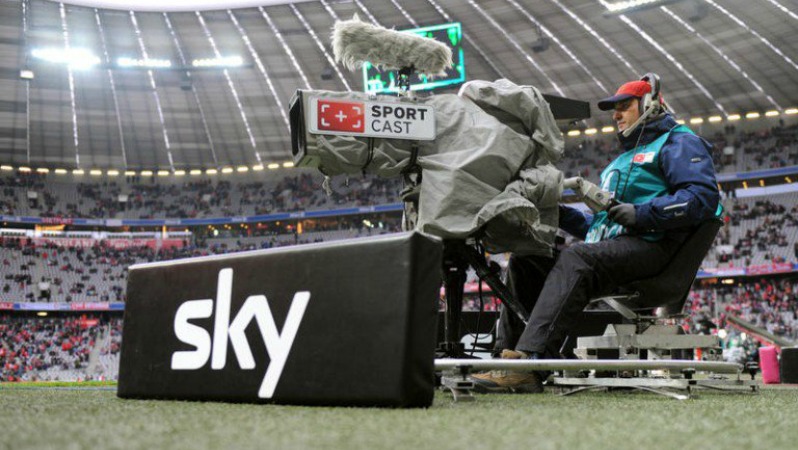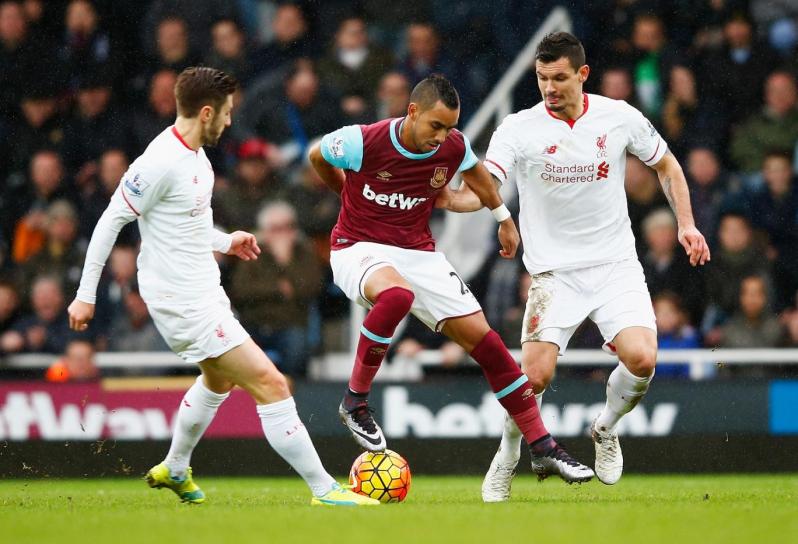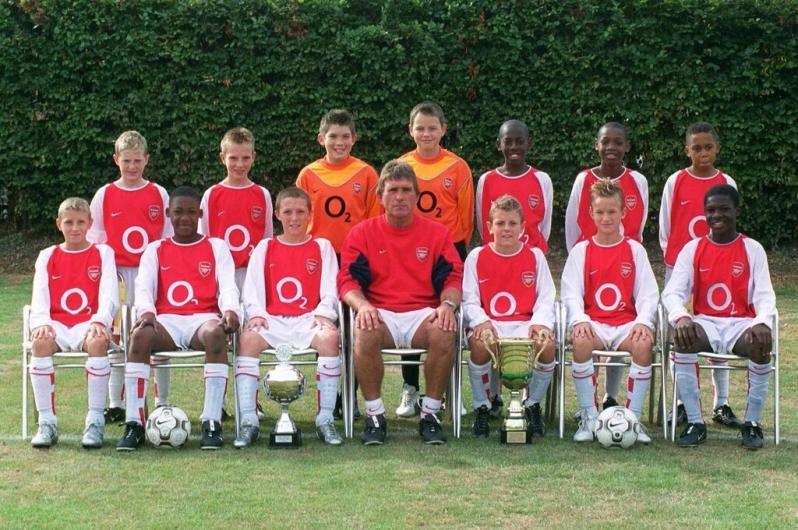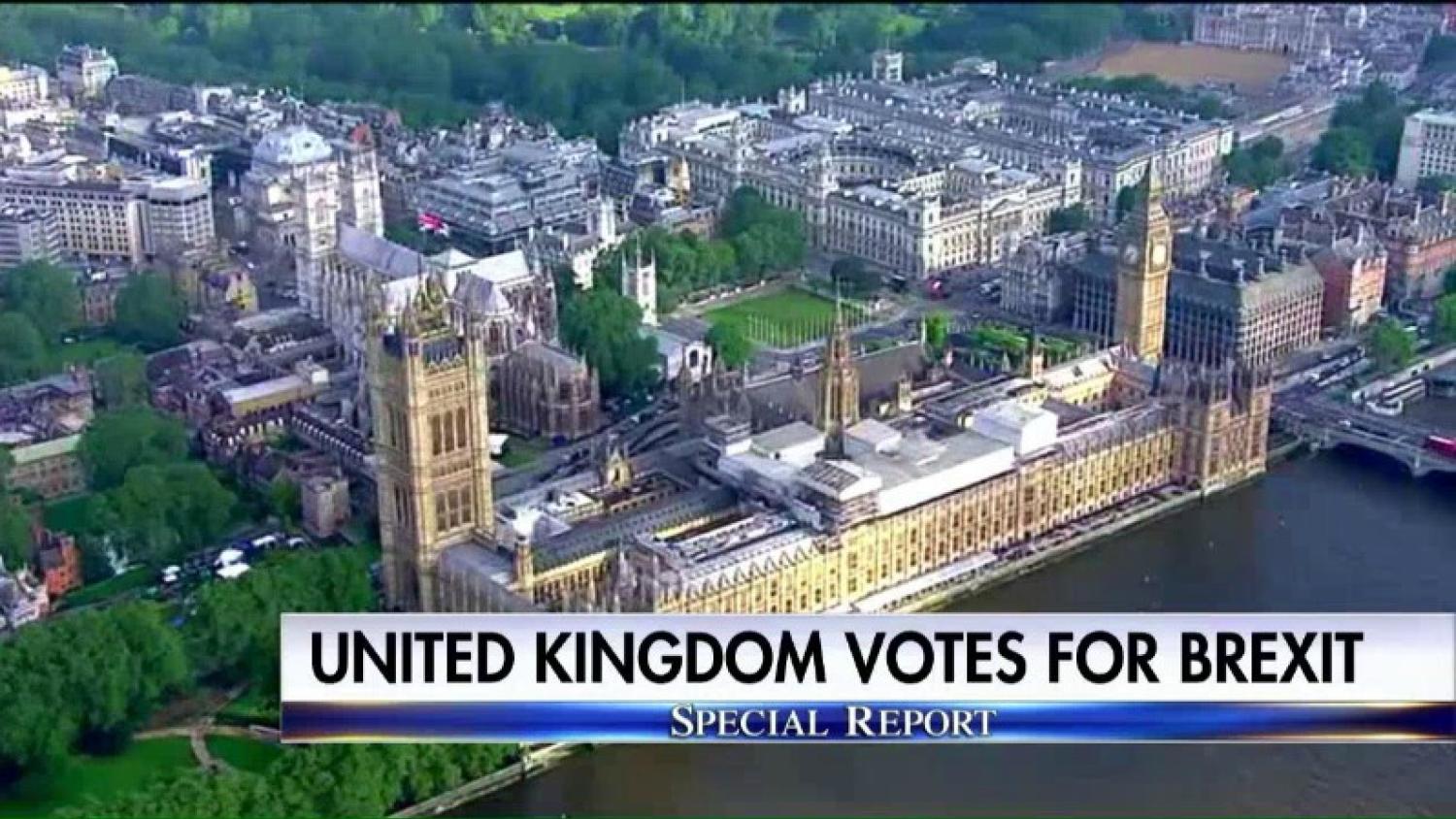Now that the United Kingdom has officially voted to leave the European Union, we can turn our attention to how the Brexit vote will affect the English Premier League.
The EPL has remained fairly tight-lipped over the Brexit vote, saying in a statement: "Given the uncertain nature of what the political and regulatory landscape might be following the 'Leave' vote, there is little point second guessing the implications until there is greater clarity.”
And they are right, there is very little point in guessing what the effects of the Brexit vote will be. So, we decided to leave guessing out of the equation as much as possible, and focus on what we can assert right now.
First, you can rest easy knowing that the Brexit vote will not stop EPL clubs from participating in the UEFA Champions League or UEFA Europa League, because UEFA is an apolitical organization. For instance, Turkey is not a member of the European Union, but it is a member of UEFA and participates in both the Champions and Europa leagues.
However, when it comes to what will change, we believe there are four main certainties.
4 Ways The Brexit Vote Will Affect The English Premier League
1. EPL Clubs Will Have Less Buying/Selling Power In The European Transfer Market

Photo: @MARCAinENGLISH | Twitter
The sterling pound (£) has fallen about 8% since the Brexit vote, it’s lowest level since 1985.
Whether or not it will drop further is unknown. There is serious anxiety all over the world that unpredictable and unprecedented ramifications of the Brexit vote could adversely effect the global economy and the pound. As it stands today the pound is one of the most unstable currencies in the world.
A weak pound does not affect transfer fees within the EPL. For example, a Southampton player being bought by Liverpool for £5 million will still cost £5 million.
But it will effect transfer fees between EPL clubs and clubs not based in the UK. A European club, say PSG in France, can pay less for an EPL player than they would have before the Brexit vote.
For example, the morning prior to the Brexit vote, if an an EPL club wanted to sell a player for £5 million, a European club could have bought him for €6.55 million. But today, after the pound has fallen, that same player could be bought by a European club for €6.15 million, €500,000 less than than before the Brexit vote.
Conversely, if an EPL club wanted to buy a player listed at €10 million by a European club, that player would now cost the EPL £8.13 million instead of £7.63 million.
2. The EPL’s TV Mega Deal May Not Be As Valuable As It Was

Photo: @iMiaSanMia | Twitter
Remember that £5.136 billion TV rights deal the Premier League secured for the 2016/17 through 2018/19 seasons? Well, it’s still going to make the Premier League the richest in the world, but by a slightly smaller margin.
That same 8% drop in the pound that lessened the EPL’s buying/selling power in the transfer market also lessens the value of the EPL’s TV deal, because it is paid out in pounds. Simply put, today, that deal is worth 8% less than it was before the Brexit vote, because the pound is worth 8% less.
That being said, it is impossible to predict if it will gain or lose value as time goes on, because the pound is so unpredictable right now. We cannot know what the pound (and hence the EPL’s TV deal) will be worth by mid-2019 when the deal ends.
3. European Players Will Need Work Permits They Didn’t Need Before

Photo: @UberFootbalI | Twitter
Last season 432 European players were registered to play in the Premier League. These players all had a fairly easy time of registering to play because any citizen of the EU can work in any member nation of the EU without a work permit.
Now that England is not a member of the EU, the status of those 432 is uncertain. England and the UK have 2 years to completely leave the EU, so it could be two years before we know what will happen to European player brought to the EPL before the Brexit vote.
We can say with certainty, though, that it will be much harder for future European players to come to the EPL because of the requirements of the work permit.
While these requirements are likely to change, here is what is currently required from non-EU players in order to get a work permit. From Sky Sports:
Europeans could now be subject to the same immigration rules as non-EU players, under which a player from a top-10 [ranked] nation has to have played in 30 per cent of their games in the two years prior to the date of application to be granted a work permit.
A player from a nation ranked 11-20 must have played in 45 per cent of international games and that percentage rises to 60 per cent for the next 10 countries, then 75 per cent for nations ranked 31-50.
All that said, it is very hard to see a world-class foreign talent, from the EU or otherwise, ever being denied the opportunity to play in the EPL.
4. It Will Be Harder For EPL Clubs To Sign Youth

Photo: @afcbesttweets | Twitter
FIFA currently dictates that a player can only be a part of an international transfer if they are over 18. One current exception to this rule is if the transfer takes places within the EU, and under this exception the minimum age is reduced to 16.
Now that England is no longer part of the EU, EPL clubs won’t be able to sign young European talent until it turns 18: two years after the rest of Europe has the opportunity to sign it.
Of course, EPL clubs will still be able to sign native English talent, as the talent wouldn’t be brought in via an international transfer.
Should these restrictions remain as such, EPL clubs will be put at a serious disadvantage, and other European clubs such as Barcelona, Real Madrid, and Bayern Munich will effectively have a two year head start when competing for the best young European prospects.
Follow me on Twitter: @yetly




